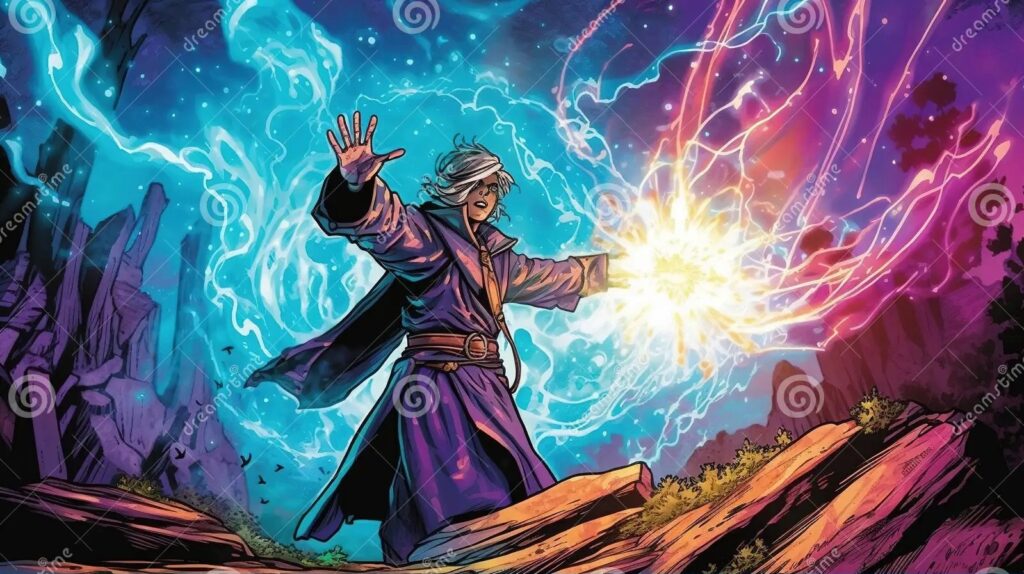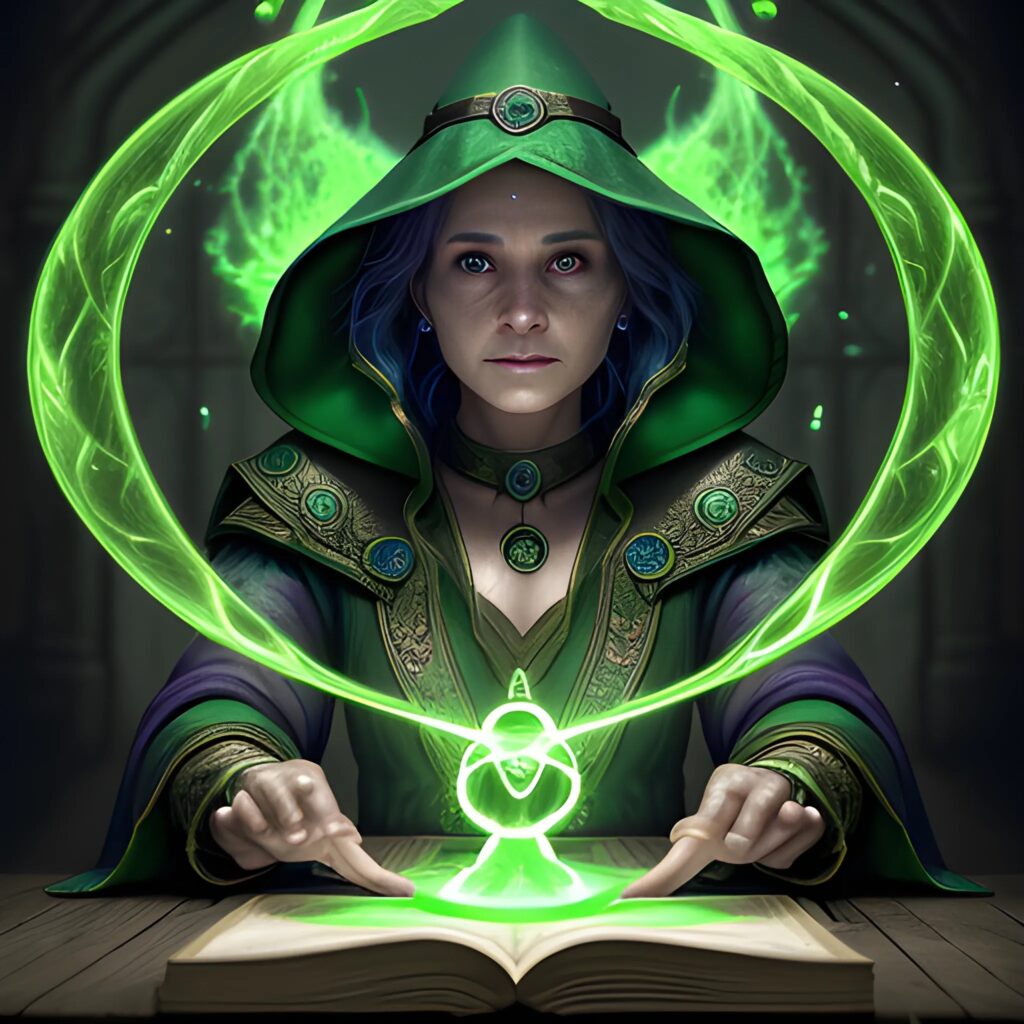In today’s fast-paced entertainment industry, the integration of artificial intelligence casting has marked a groundbreaking shift. AI casting, an innovative tool, is transforming how models, actors, and talent are discovered and selected. With AI technology, the casting process has become more efficient, accurate, and inclusive. Central to this evolution is the role of Central Casting AI, an advanced system that streamlines talent selection. Additionally, new stars are emerging through AI-driven platforms, like the Olivia Casta AI model, which showcases the powerful potential of digital technology in the entertainment world.
The Rise of AI in Casting
AI involves using sophisticated algorithms and machine learning tools to analyze. A wide range of criteria to match talent with roles. Traditionally, casting calls required the manual evaluation of headshots, resumes, and audition tapes. A process that was often time-consuming and subjective. Today, Central Casting AI is changing this dynamic by automating the process, making it faster, more precise, and more data-driven. By analyzing vast amounts of data, AI can predict which actors are most likely to succeed in a particular role, ensuring a better fit for production teams.
Central casting agencies, which have long been a staple in film and television productions, are now incorporating AI to enhance their services. This AI system can analyze visual cues, acting styles, and other metrics that are essential for determining whether a talent is right for a role. The result is a more streamlined casting process that benefits everyone involved, from casting directors to actors and production companies.
How Central Casting AI Works
At the heart of Central Casting AI lies its deep learning and image recognition algorithms. These tools scan and analyze thousands of actors’ profiles, headshots, and past performances to build a data-driven database that helps casting professionals make more informed decisions. By utilizing this data, AI can predict which actors will best bring a character to life, even considering factors like emotional depth, physical appearance, and even marketability.
AI casting systems designers design them to be unbiased, eliminating human errors that might arise from subjective judgments. The system ensures inclusivity by providing actors of diverse backgrounds and experiences an equal opportunity to be cast in roles that fit their abilities and talents. Moreover, AI systems improve continually as they gather more data, refining their algorithms to provide more accurate recommendations over time.
The Impact on Talent Discovery
The shift to AI casting is also providing a platform for new talent to emerge. As evidenced by the rise of digital models like the Olivia Casta AI model. Olivia Casta, an AI-generated digital model, has captured the attention of the fashion and entertainment industries by showcasing how virtual avatars can perform just as well. If not better, than their human counterparts. With her flawless features, realistic movements, and captivating presence, Olivia Casta is a prime example of how AI technology is pushing the boundaries of traditional casting methods.
The Olivia Casta AI model, while not a human being, represents a new frontier in virtual modeling and acting. These AI models are not bound by physical limitations, offering a limitless canvas for creators to design and bring to life unique characters for various roles. They can work in digital advertising, fashion shows, and even television or film productions, providing the same. If not more, visual appeal as human models or actors.
Ethical Considerations and the Future of AI Casting
While AI casting and virtual models offer immense potential, they also raise important ethical questions. One major concern is the potential displacement of human talent. As AI-driven platforms become more efficient. It is possible that fewer roles will be offered to human actors, especially in fields like modeling and extras casting. In response, many casting professionals emphasize that AI will not replace human actors. But it will, instead, augment the casting process, thereby making it more inclusive and diverse.
Central Casting AI helps casting agents identify fresh talent, rather than replacing them altogether. With AI’s assistance, casting directors can find the right people faster, thus ensuring they select the best candidates for roles. In the long run, therefore, the combination of human creativity can produce not only better and more diverse casting decisions but also, as a result, more accurate ones. Consequently, this collaborative approach enhances the overall process, effectively blending the efficiency of AI with the nuanced judgment of human expertise. Moreover, this integration fosters a more streamlined and accurate workflow. Ultimately, this collaborative approach benefits everyone, creating a synergy that maximizes results.
Conclusion about AI casting
AI casting is reshaping the entertainment industry in profound ways. From platforms like Central Casting AI to the emergence of digital models. Such as the Olivia Casta AI model, technology is enhancing the process and offering new opportunities for talent discovery. The debate over the ethical implications of AI continues. There’s no denying that this technology is here to stay. Providing casting directors and production companies with an innovative tool to find the right talent faster and more accurately. As AI continues to evolve, the future of casting looks brighter, more diverse, and increasingly digital.




